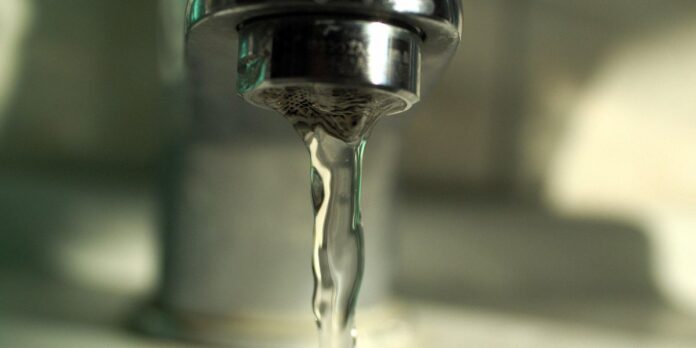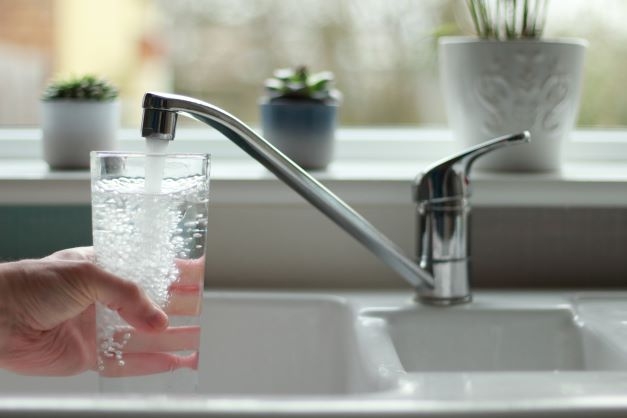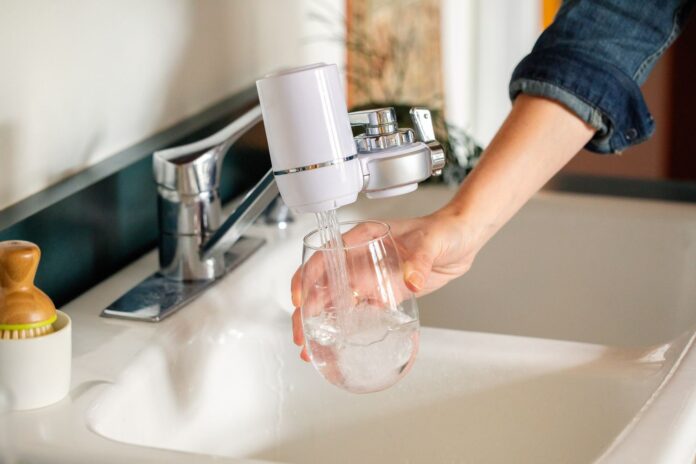Water is the lifeblood of our planet, the fundamental element of our existence, and the conduit of life for all living organisms. However, this indispensable resource is under severe threat due to a globally pertinent issue – water contamination.
Water contamination refers to tainting water bodies, including groundwater, rivers, lakes, and oceans, with pollutants that make them unsafe or unsuitable for consumption and use. Of course, water processing and filtration systems are all in place for any tap water you get in your home, but how effective these are will vary depending on where you look.
As such, many homeowners opt to use water filters to further purify their tap water before consumption. This can be a great way to ensure your water is safe to drink and use. But how would you go about choosing the right water filter for your home?
In this article, we’ll be covering how to choose the right water filter for your home. Also, if you’re looking to learn how this might affect your Phoenix home, check out this article on the drinkability of Phoenix tap water from the experts at American Home Water and Air.
Health Implications of Water Contamination

The health implications of water contamination are alarming and multifaceted. The risks are dependent on the specific contaminants in the water. For instance, waterborne pathogens, including bacteria and viruses, can lead to severe illnesses like cholera, typhoid, dysentery, and hepatitis.
Heavy metals present in contaminated water pose another set of health risks. Lead contamination can cause developmental issues in children and neurological problems in adults. Mercury, another potential contaminant, can harm the kidneys and lungs.
Chemical contaminants also pose significant threats. Long-term exposure to nitrates, commonly found in fertilizers and thus in agricultural run-off, can lead to methemoglobinemia, a condition that affects the blood’s ability to transport oxygen. Similarly, arsenic, often present in industrial waste, is a known carcinogen, and its prolonged ingestion through drinking water can increase the risk of skin, bladder, and lung cancers.
With health risks of this magnitude looming large as a possibility, homeowners must do all that they can to protect their homes from damage and their families from harm.
Water Filtration Systems as a Shield Against Contamination

As a defense mechanism against the hazards of water contamination, water filtration systems serve as essential household appliances. The kind you choose will depend on how much water filtration you require in your home. There are several types of water filters available, each designed to tackle different kinds of pollutants:
1. Activated Carbon Filters:
These filters work by adsorption, a chemical reaction where certain substances are attracted to activated carbon and bond with it. They are highly effective in removing organic compounds and chlorine, thereby improving the taste and odor of water. However, their filtering capability does not extend to heavy metals, nitrates, or microbes.
2. Reverse Osmosis Filters:
These filters operate on the principle that water is forced under pressure through a semi-permeable membrane, filtering out a wide array of contaminants, including heavy metals, salts, and even some microorganisms. While RO filters are highly effective, they also strip out beneficial minerals and generate a significant amount of wastewater.
3. Ultraviolet (UV) Disinfection Systems:
UV systems use ultraviolet light to kill bacteria and viruses. They are highly effective in disinfecting water, but they do not remove non-living contaminants, such as heavy metals or chemicals.
4. Ion Exchange Filters:
These filters are primarily used for water softening, where they replace calcium and magnesium ions with sodium ions. They are also effective in removing heavy metals, but they do not remove microbes or organic chemicals.
5. Mechanical Filters:
These are simple filters designed to remove sediment and particulate matter. They do not have the capability to eliminate chemical contaminants or microbes.
Choosing the Right Water Filter for Your Home

Selecting the right water filter requires a careful evaluation of your water quality and your specific needs. Here’s a step-by-step guide to choosing the right filter:
1. Water Testing:
The first step is to understand what’s in your water. Get your water tested in a certified lab to identify the contaminants that need to be addressed. Among the contaminants you might find in your Phoenix water supply are the following: sulfates, iron, manganese, radon, iron bacteria, copper, nitrates, arsenic, radium, and fluoride.
All of these contaminants are regulated by the EPA, which means the levels found in your water must be below a certain level, but you may wish to further reduce them. For those using private wells, where contaminants can leach in unnoticed, it is especially important to test regularly, and a filter can make all the difference in protecting you from harmful contaminants.
2. Evaluate Your Needs:
Consider how much-filtered water you need daily, whether you want a point-of-use or point-of-entry system, the space available for the filter, and, importantly, your budget.
You will also want to consider whether you are able to self-install your filtration system or if it will require a professional. With some larger systems, there may be additional connections that need to be made by a skilled plumber.
3. Filter Specifications:
Once you know what needs to be removed from your water, look for filters that are certified to remove those specific contaminants. Certifications from organizations like NSF International or the Water Quality Association are reliable indicators of the filter’s effectiveness.
4. Maintenance Requirements:
Filters need to be replaced periodically, and the entire system requires regular maintenance. Consider these ongoing costs and efforts when choosing a filter. A plumbing professional can help you understand the requirements for maintaining a system after it is installed.
5. Environmental Impact:
Some filtering systems, like RO, produce a lot of wastewater. Consider the environmental impact and the disposal of used filters when deciding. Decide if you want to accommodate this wastewater by installing additional systems for catchment and irrigation rather than sending it out as runoff onto your property.
Conclusion
Water contamination is a pressing issue with far-reaching health implications. By understanding the risks and taking proactive measures to ensure clean, safe drinking water through effective filtration, we can protect ourselves and our families.
And as clean water resources dwindle globally, these efforts are not just a boon for our health but a necessary investment in our future and the sustainability of our planet. Choosing to get a water filter can be a smart move that helps preserve water quality for many years to come.








